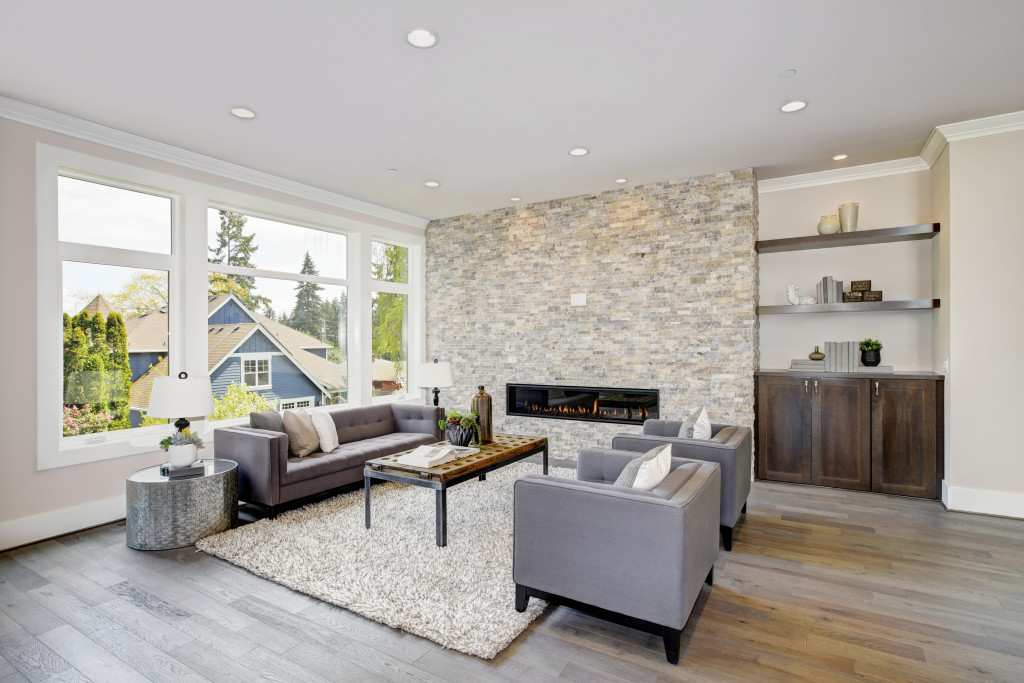Wanderlust often takes us to different places for prolonged periods of time. If you have ever asked yourself what you could do with your home while you’re away, there may be a simple, income-generating answer for that. Renting out your house is a great way to keep turning your travel dreams into reality.
Let us help you weigh the pros and cons of renting out your home. We also have some beginner tips for home rentals:
Is Renting the Best Move for You?
There are important concerns to go over before making the big decision to rent out your home. Begin with these considerations:
Are you comfortable with strangers living in your home?
If this is something that bothers you, think twice before going for it. Renting out your house is a convenient way to make money, but if peace of mind is a challenge, then it is okay not to push through with it.
Do you mind the things in your home being used by other people?
When you’re away for some time, you will be leaving appliances like your refrigerator, air conditioner, stove, and the like for the use of other people. Allowing people to rent your house also means entrusting them with your furniture.
Becoming a homestay host will entail allowing other people to touch things around your home. If this makes you uneasy, then it might be better to reconsider.
Will you be available to respond to and address any of your tenant’s concerns?
Especially for short-term stays, being a responsive host helps keep your reputation high amongst other homes. Lack of confidence in your ability to respond to questions or concerns brought up by your tenants is a valid concern to mull over and consider solutions for before renting your home.
Are you allowed to rent your home?
Sometimes, the hindrance to renting your home is simply not having legal permission to do so. Check with your local laws, apartment rules, and homeowners’ association guidelines if you are allowed to rent out your home.
If your home is mortgaged, It is also important to reread your loan agreements before taking the step to rent. Some mortgages, like Federal Housing Administration (FHA) loans, cannot be used for rentals. Having a conventional home loan, on the other hand, leaves room for investment properties.
Ask around and do some research to make sure that your home rental will be legally allowed to operate.
Making Your Home Rental-ready

If you answered yes to the above questions, then it’s time to get ready for the next step of renting your home. Here’s a checklist for initial preps:
- Read up on landlord-tenant laws in your state.
- Get insurance for your rental home.
- Check all utilities, appliances, and amenities and make sure everything is in working condition.
- Install working locks on doors and gates.
- Clean and decorate the house well, as this will make your home more attractive to renters.
- Take good photos of your home that will highlight its best parts and realistically showcase the space.
- Take note of nearby convenience stores, groceries, restaurants, and even places to visit for leisure.
- Establish house rules to inform the guests of which areas of the house are on- and off-limits and what they can and cannot do in your home.
- Prepare a binder that lists all the information they need at home, which includes house rules, maps, contact details, available amenities, how to use certain home appliances, and more.
- Assign a person who will be able to physically attend to the concerns of your tenants as needed. It is better to have an access point person whom your guests can speak with face-to-face should concerns arise while you’re away.
Where to put your home up for rent
There are many websites on which you can post your home as a stay for guests. These are some trusted examples:
- Airbnb is the most popular website for short-term home rentals. Hosts can open up not only their homes but also “experiences” that are specific to the destination. Hosting both of these can help increase your income as a host.
- Vrbo stands for “vacation rental by owner.” It has been operating since 1996, making it an established website for putting your home up for rental. You can check the potential earning power of your home on their website when you list your property.
- The Plum Guide is for homes that are more high-end. They have a strict screening process, and only choose the top 3% of homes available per destination.
When you have ironed out all these details to prepare your home for rent, then it is finally time to pack your bags and go on your next holiday.

